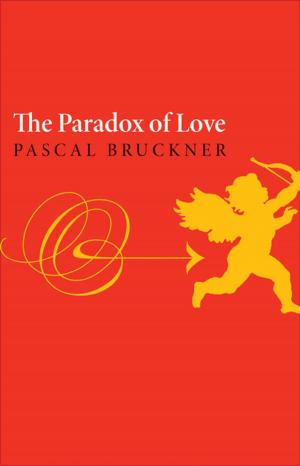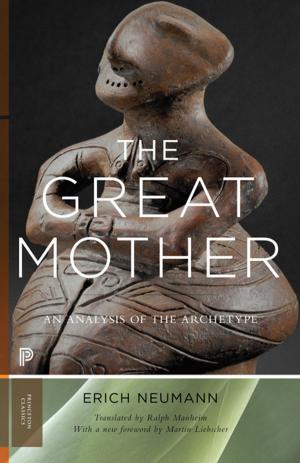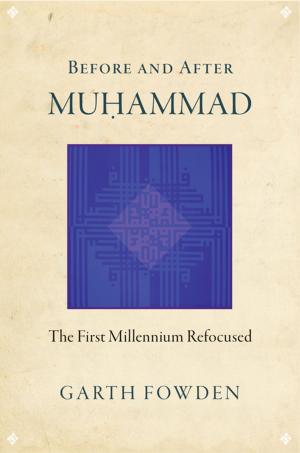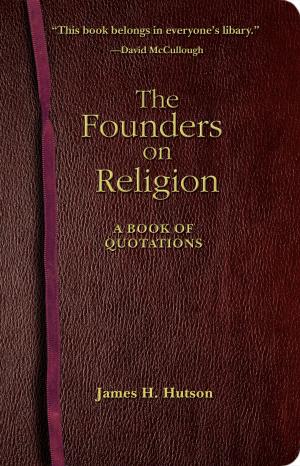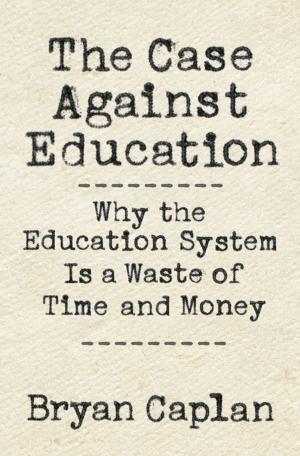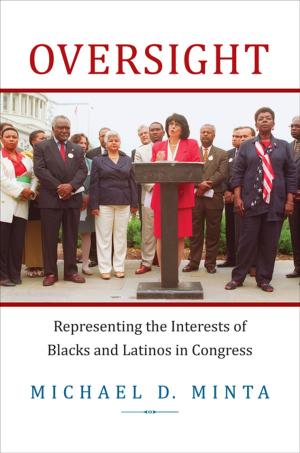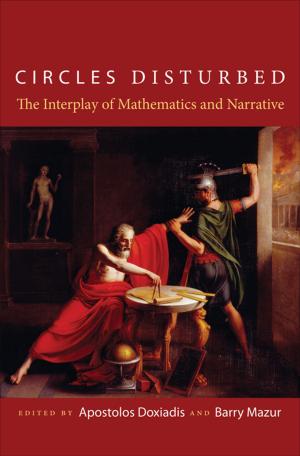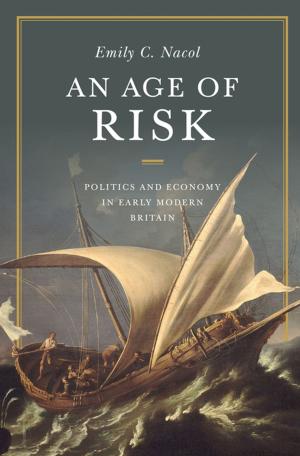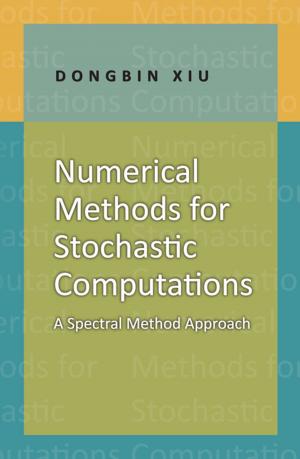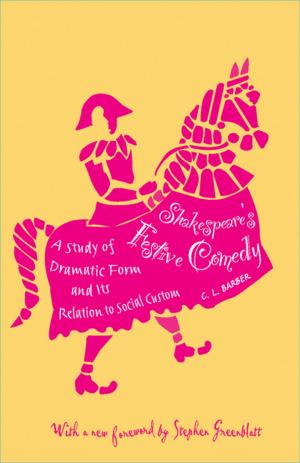Archives of Authority
Empire, Culture, and the Cold War
Nonfiction, History, British, Americas, United States, 20th Century, Fiction & Literature, Literary Theory & Criticism| Author: | Andrew N. Rubin | ISBN: | 9781400842179 |
| Publisher: | Princeton University Press | Publication: | August 16, 2012 |
| Imprint: | Princeton University Press | Language: | English |
| Author: | Andrew N. Rubin |
| ISBN: | 9781400842179 |
| Publisher: | Princeton University Press |
| Publication: | August 16, 2012 |
| Imprint: | Princeton University Press |
| Language: | English |
Combining literary, cultural, and political history, and based on extensive archival research, including previously unseen FBI and CIA documents, Archives of Authority argues that cultural politics--specifically America's often covert patronage of the arts--played a highly important role in the transfer of imperial authority from Britain to the United States during a critical period after World War II. Andrew Rubin argues that this transfer reshaped the postwar literary space and he shows how, during this time, new and efficient modes of cultural transmission, replication, and travel--such as radio and rapidly and globally circulated journals--completely transformed the position occupied by the postwar writer and the role of world literature.
Rubin demonstrates that the nearly instantaneous translation of texts by George Orwell, Thomas Mann, W. H. Auden, Richard Wright, Mary McCarthy, and Albert Camus, among others, into interrelated journals that were sponsored by organizations such as the CIA's Congress for Cultural Freedom and circulated around the world effectively reshaped writers, critics, and intellectuals into easily recognizable, transnational figures. Their work formed a new canon of world literature that was celebrated in the United States and supposedly represented the best of contemporary thought, while less politically attractive authors were ignored or even demonized. This championing and demonizing of writers occurred in the name of anti-Communism--the new, transatlantic "civilizing mission" through which postwar cultural and literary authority emerged.
Combining literary, cultural, and political history, and based on extensive archival research, including previously unseen FBI and CIA documents, Archives of Authority argues that cultural politics--specifically America's often covert patronage of the arts--played a highly important role in the transfer of imperial authority from Britain to the United States during a critical period after World War II. Andrew Rubin argues that this transfer reshaped the postwar literary space and he shows how, during this time, new and efficient modes of cultural transmission, replication, and travel--such as radio and rapidly and globally circulated journals--completely transformed the position occupied by the postwar writer and the role of world literature.
Rubin demonstrates that the nearly instantaneous translation of texts by George Orwell, Thomas Mann, W. H. Auden, Richard Wright, Mary McCarthy, and Albert Camus, among others, into interrelated journals that were sponsored by organizations such as the CIA's Congress for Cultural Freedom and circulated around the world effectively reshaped writers, critics, and intellectuals into easily recognizable, transnational figures. Their work formed a new canon of world literature that was celebrated in the United States and supposedly represented the best of contemporary thought, while less politically attractive authors were ignored or even demonized. This championing and demonizing of writers occurred in the name of anti-Communism--the new, transatlantic "civilizing mission" through which postwar cultural and literary authority emerged.


